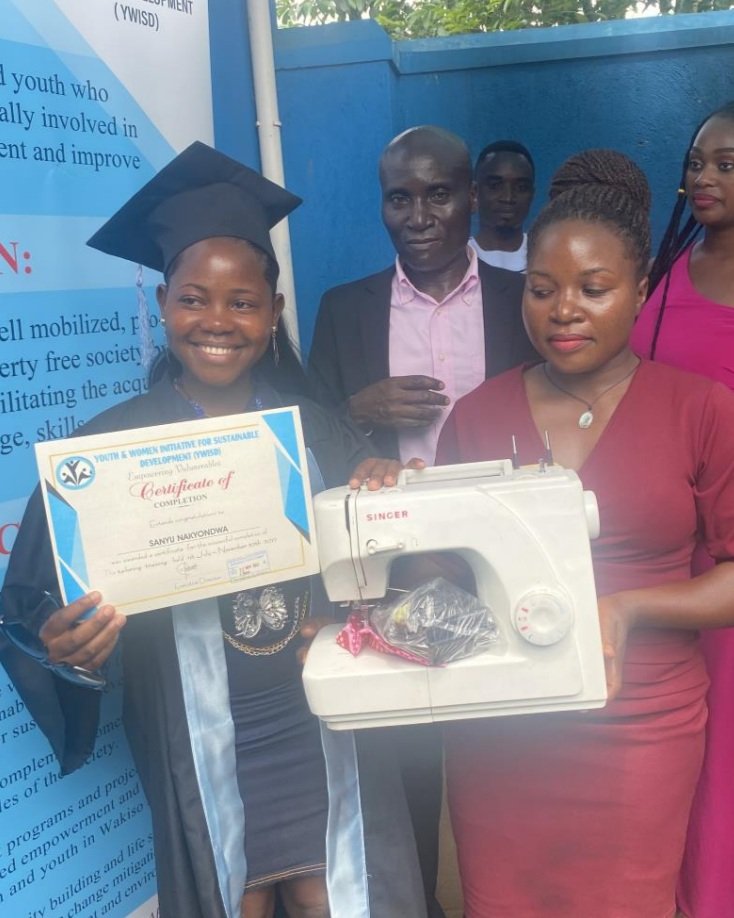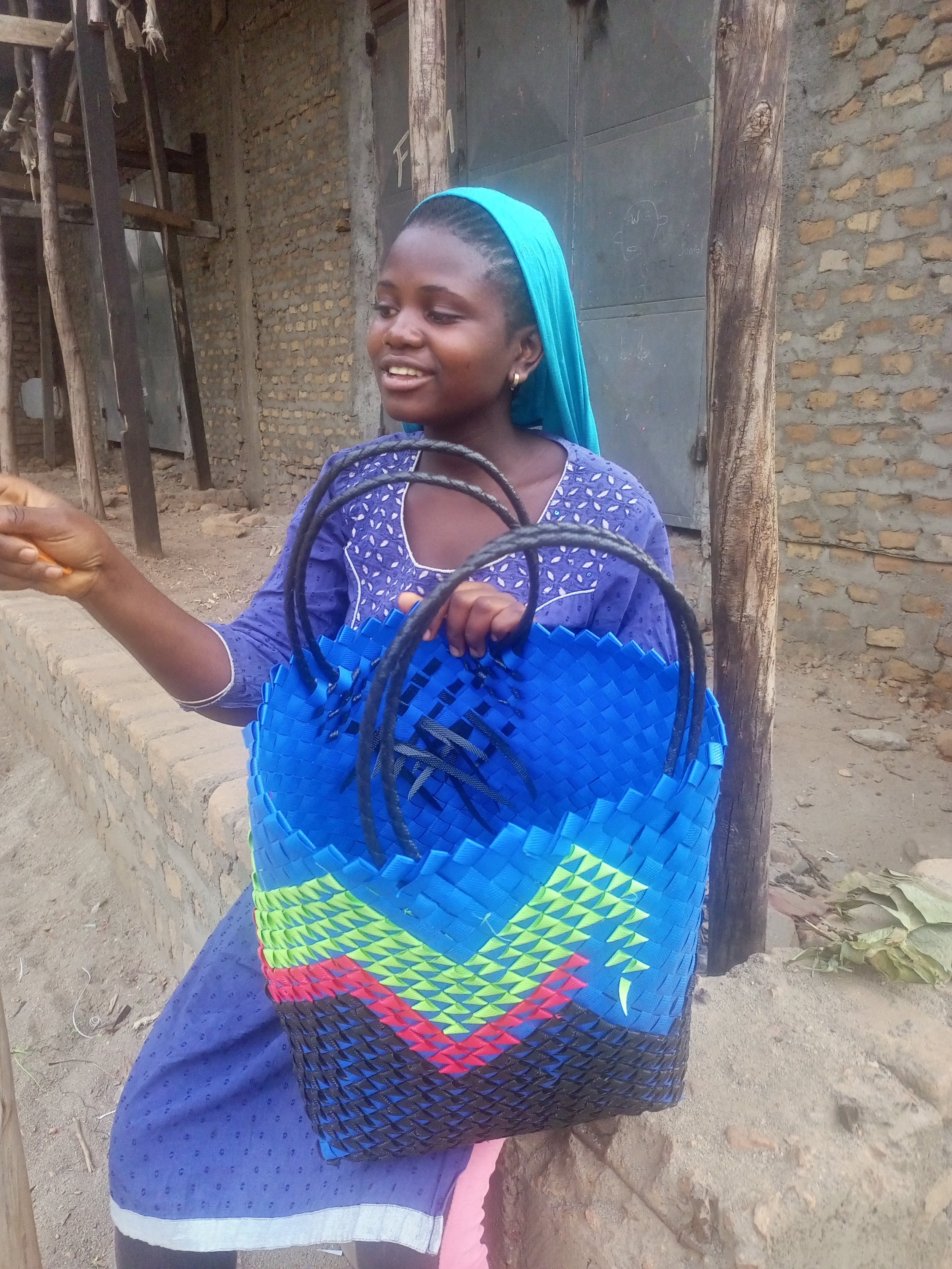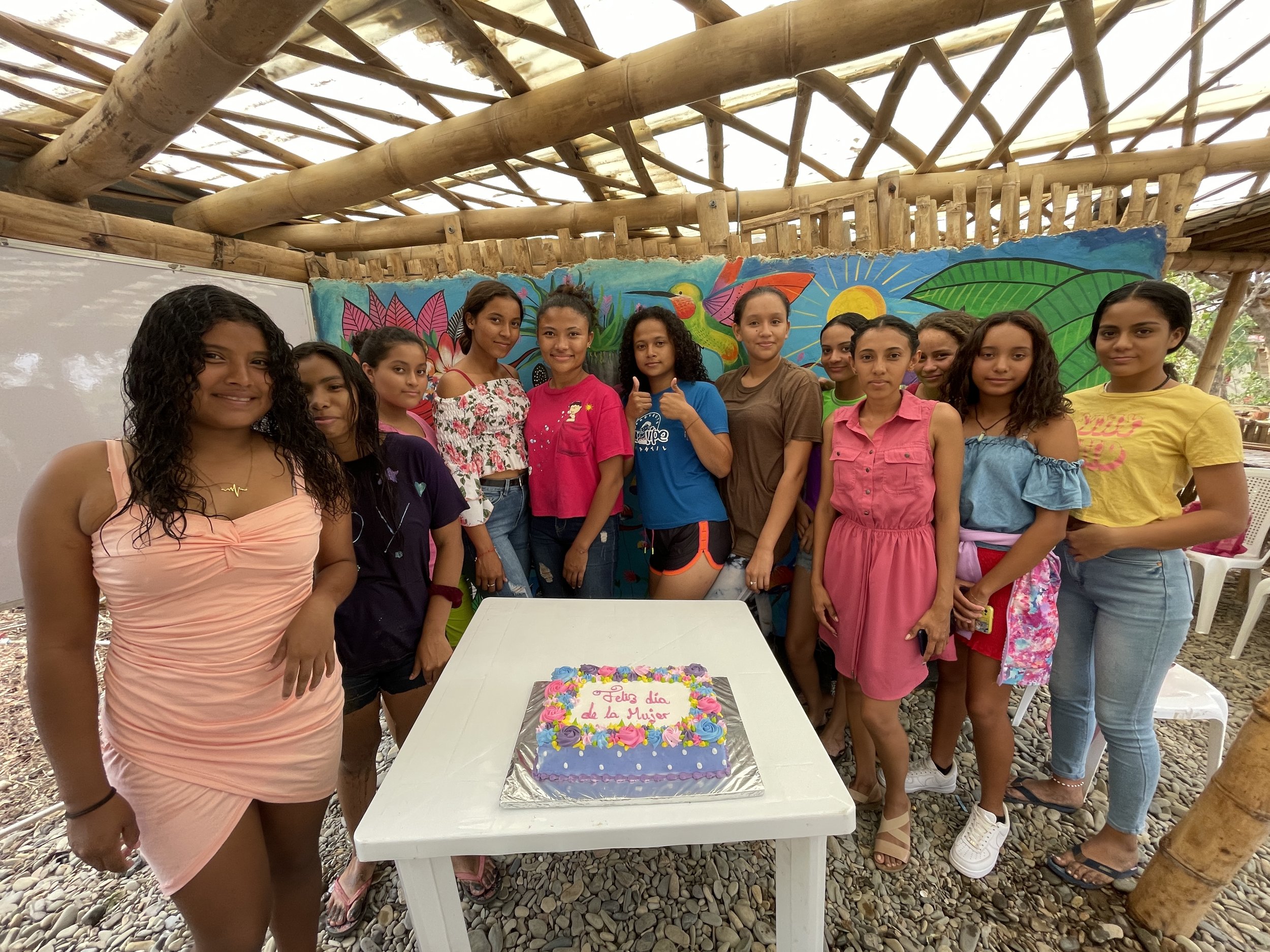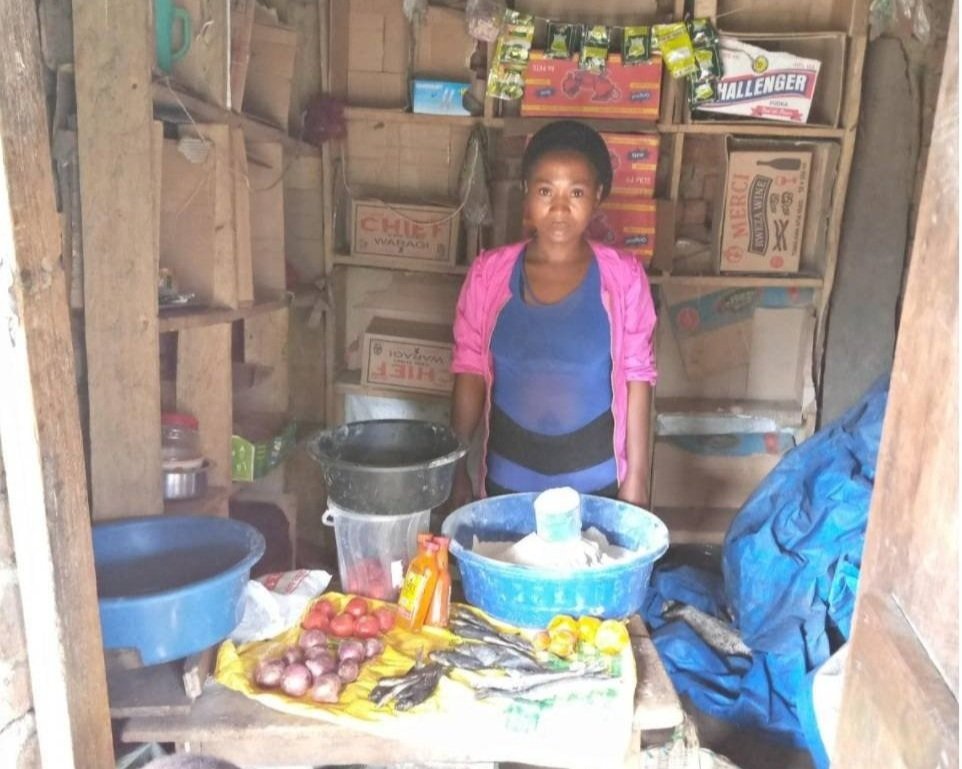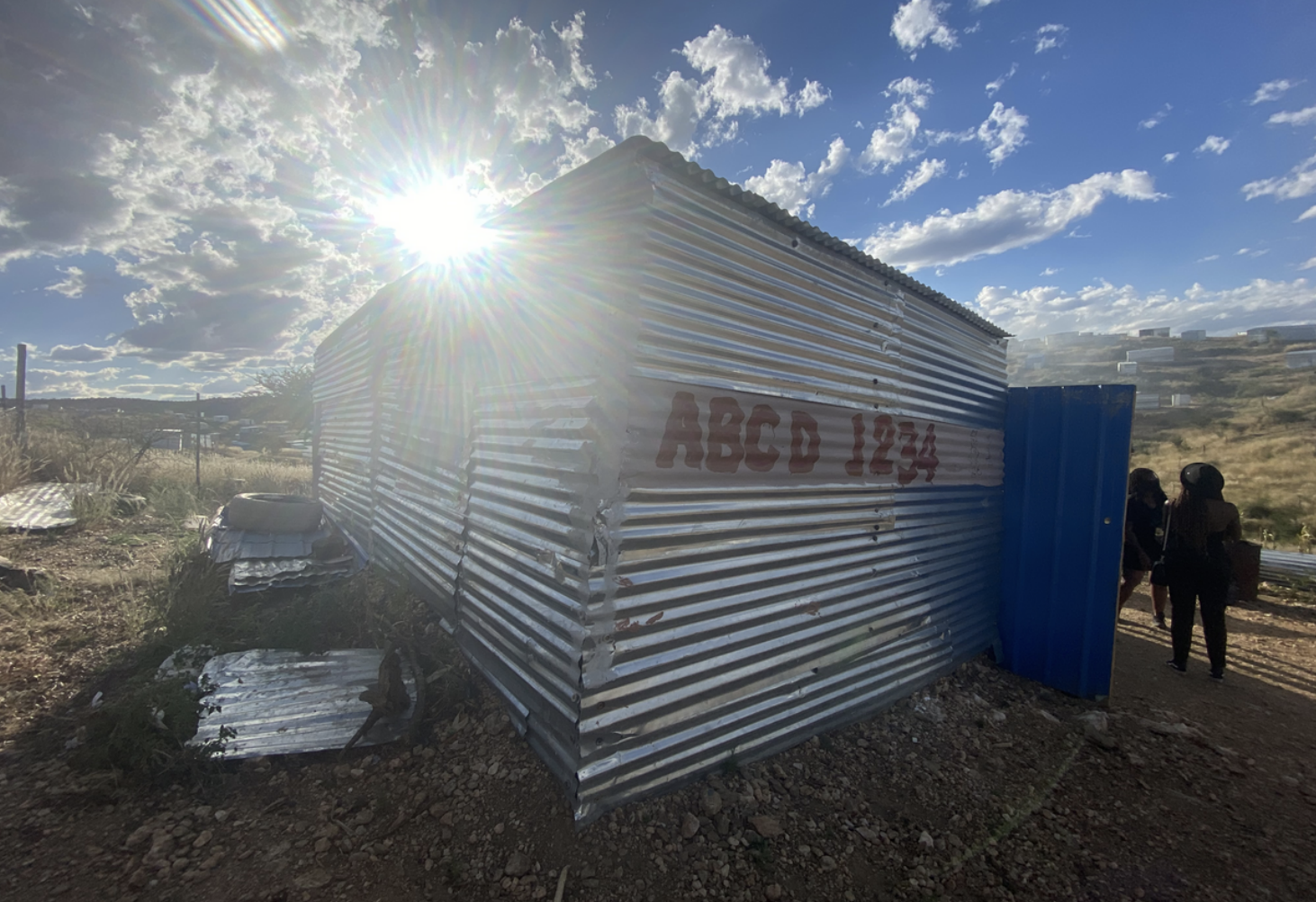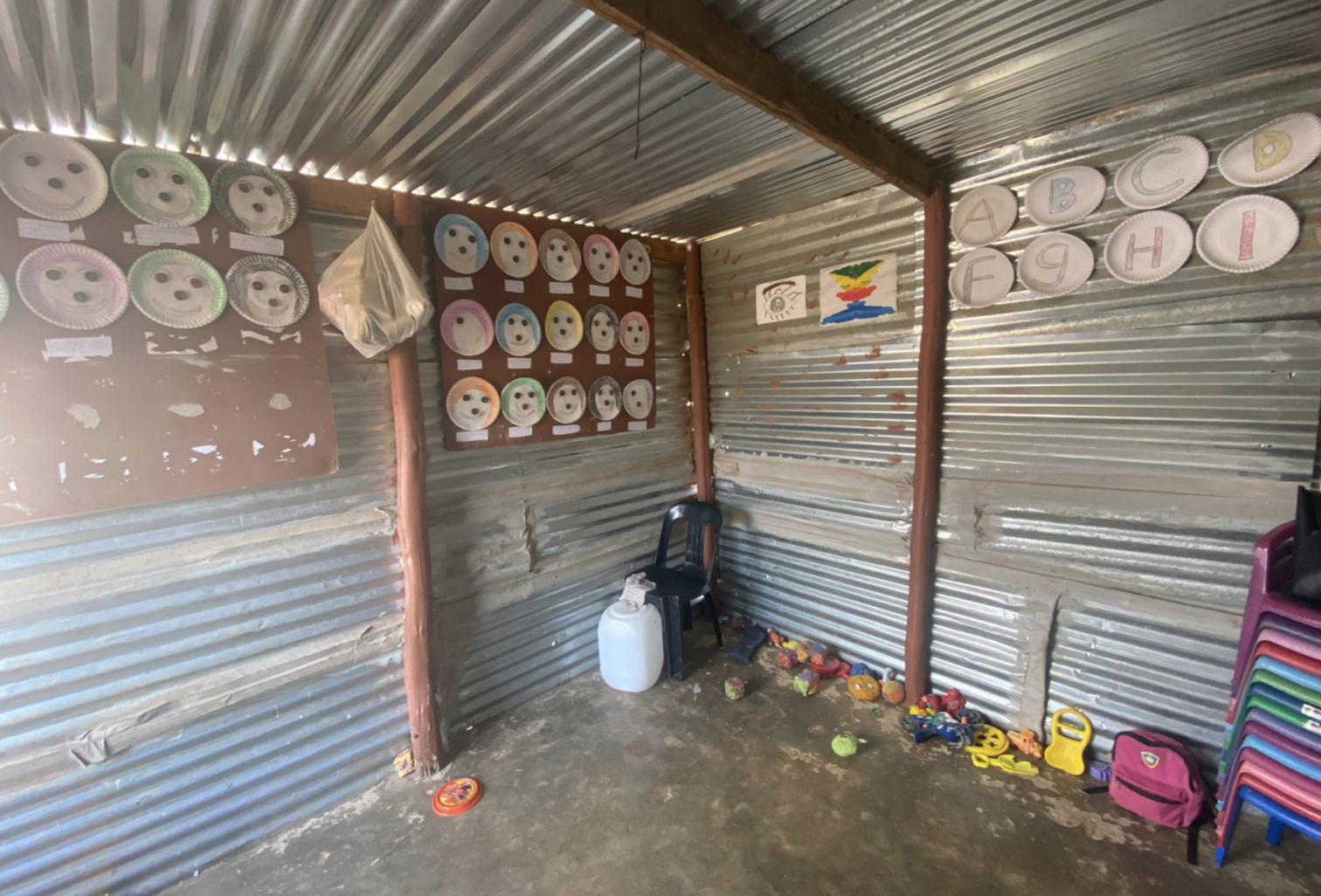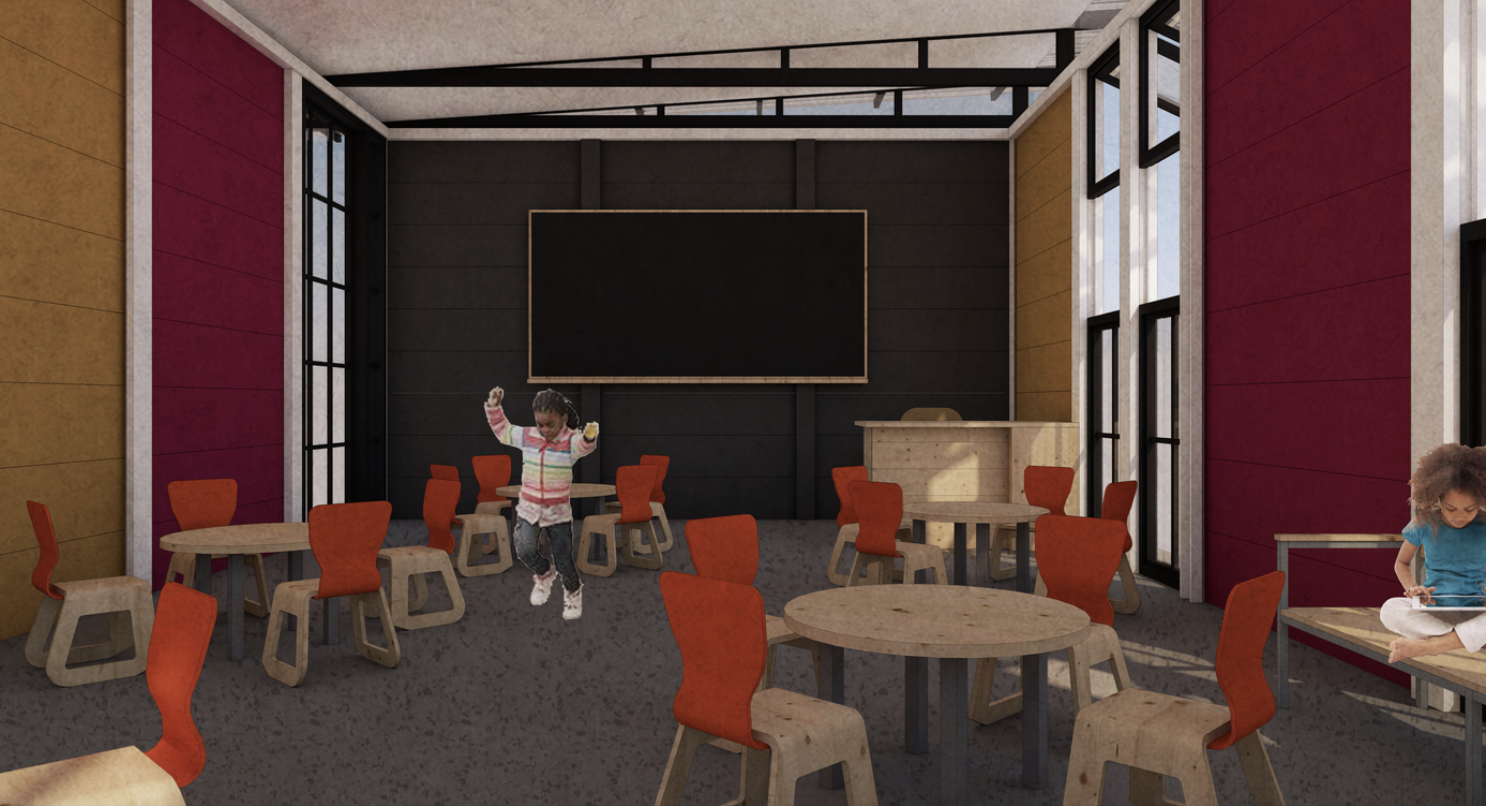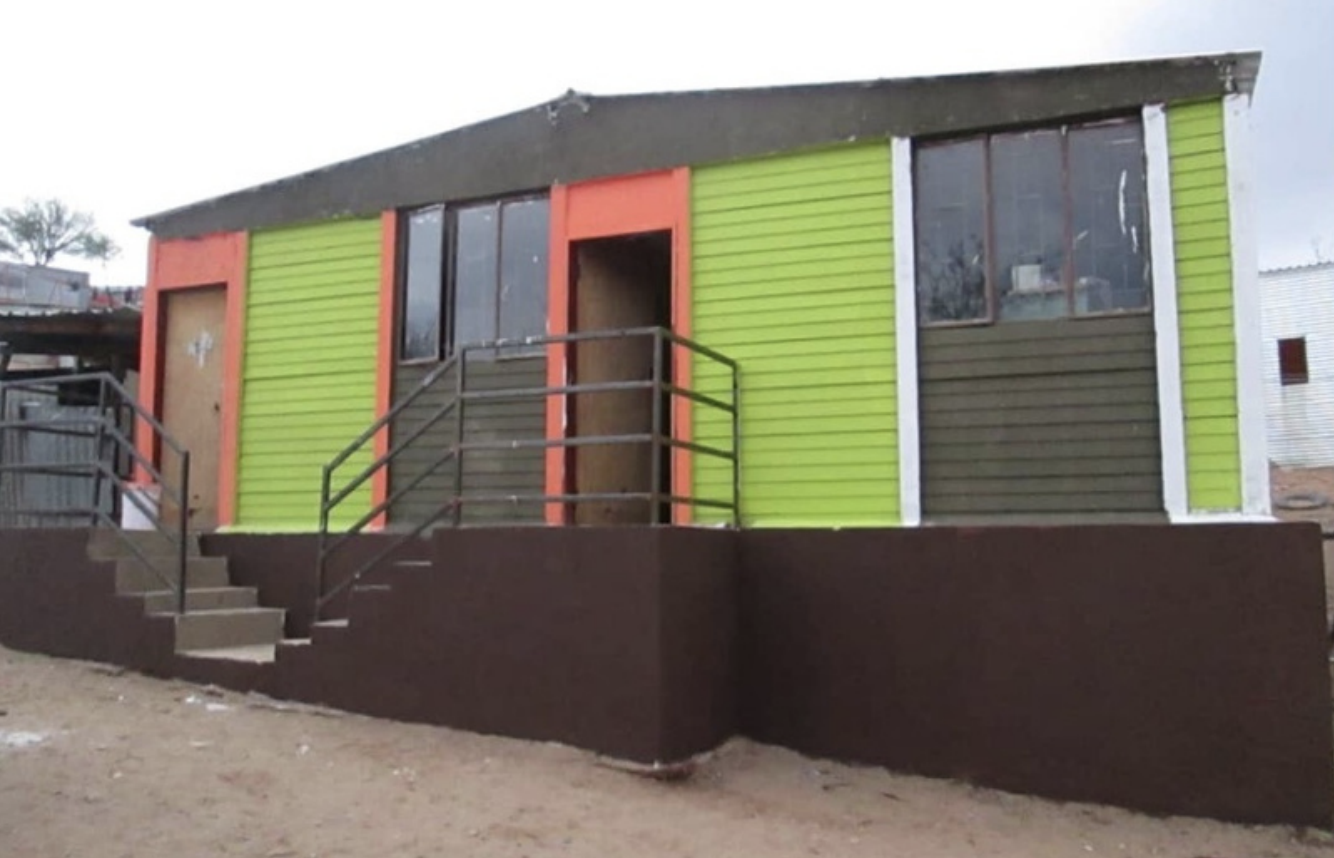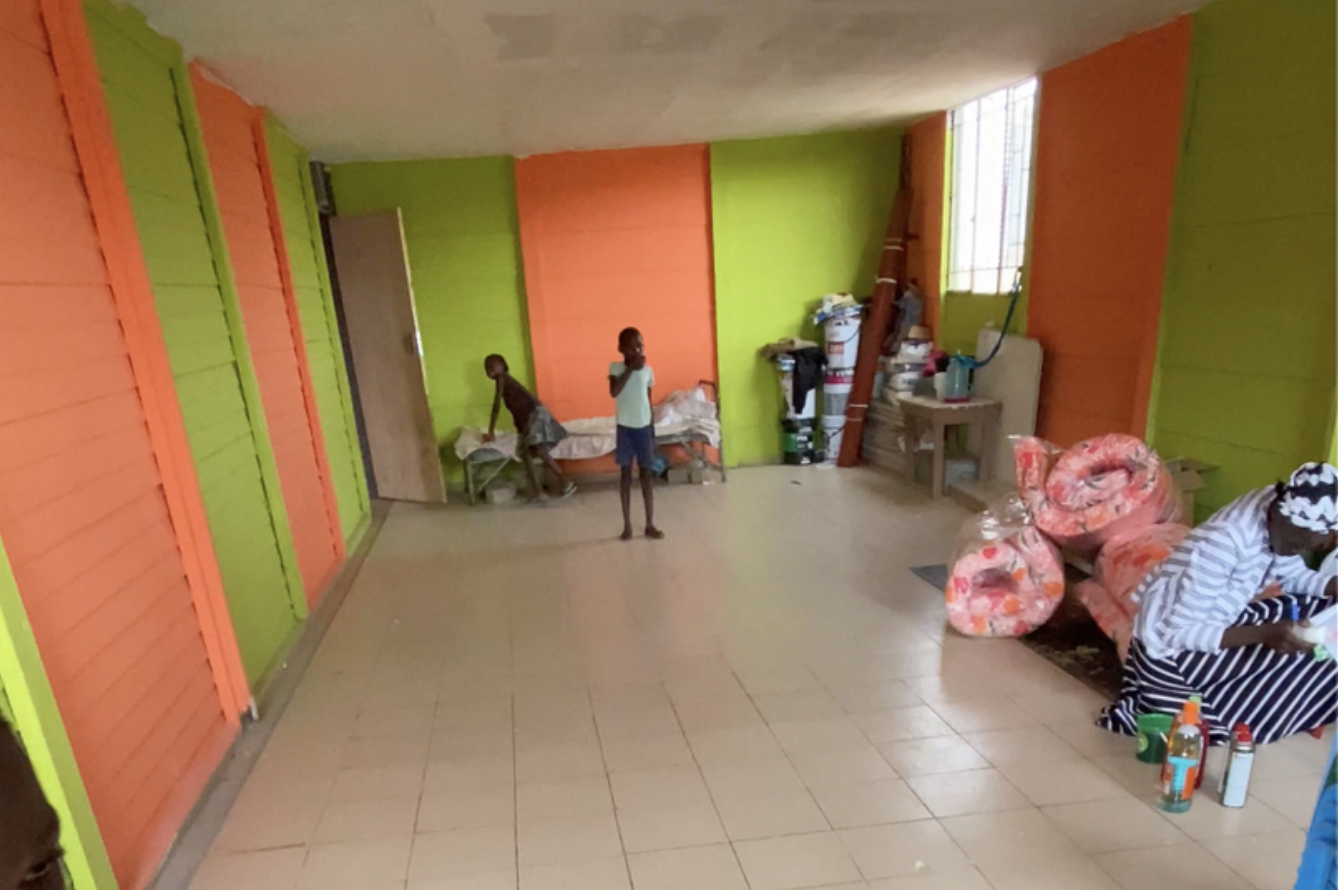In the scenic coastal stretches of El Astillero and Limón 2, Nicaragua, extraordinary community efforts are bringing about real change in the lives of young girls. Rockflower, in collaboration with Casa Congo, Sirenitas Surf Club and CHAVA, is nurturing a new generation of young leaders through an inspiring initiative designed to empower adolescent girls through surfing, workshops, and community engagement.
Since 2023, this unique partnership has been dedicated to impacting the lives of young girls by fostering a sense of agency and self-worth. The initiative began with a clear mission: to guide young girls through a workshop curriculum that not only teaches surfing but also integrates crucial life skills and goal-setting exercises. This program is uniquely designed to instill confidence and guide these young women toward a self-directed and limitless future.
The program kicked off with significant enthusiasm, expanding its reach from 15 to 30 participants by incorporating additional girls from nearby communities such as El Gigante and El Astillero. This expansion has sparked a vibrant exchange of experiences and a flourishing sense of sisterhood among the participants, demonstrating the power of community in personal development.
The initiative's journey over the past year has been marked by inspiring workshops and significant growth in participant engagement. The transition to new leadership in early 2024 brought fresh energy to the program, with Clara stepping in as Program Director and Kerry, a Sirenitas program alumna, taking on the role of Program Coordinator. This leadership change is a testament to the program’s commitment to nurturing its own graduates into roles where they can further influence and expand the project.
A key component of the project has been the educational workshops, particularly those conducted in partnership with CHAVA, focusing on menstrual health and reproductive knowledge. These workshops have proven pivotal in breaking down stigmas and empowering participants with essential health education, enabling open discussions about topics often considered taboo.
As the project moves forward, Las Sirenitas and Casa Congo continue to prepare for a series of workshops aimed at deeper understanding of agroecology and the impacts of climate change. These sessions are designed to equip the girls with practical knowledge and skills in sustainable farming practices, enhancing their ability to contribute positively to their communities and the environment.
Rockflower is proud to support this transformative initiative that goes beyond traditional education by integrating surfing—a sport that teaches balance, strength, and perseverance. This program is a profound example of how holistic education and sports can play a pivotal role in connecting and uplifting young women. We are excited to continue supporting these young leaders in Nicaragua, helping them to harness their strengths and achieve their potential.














